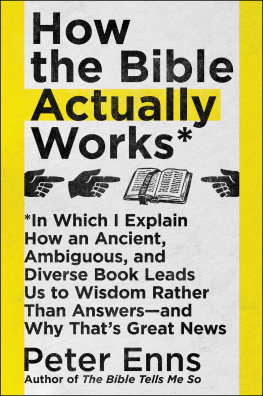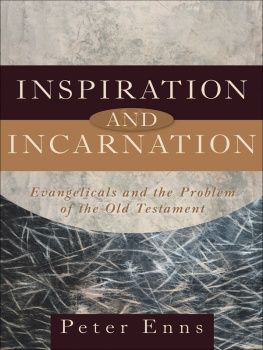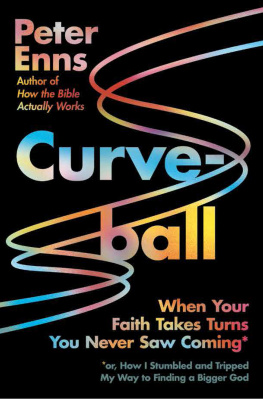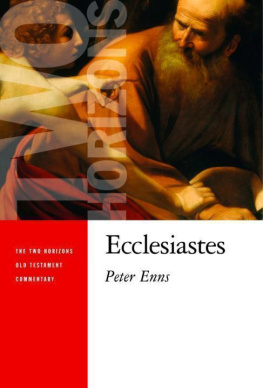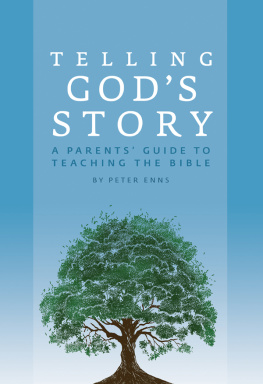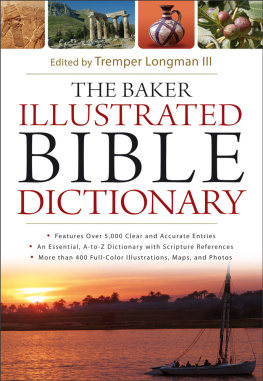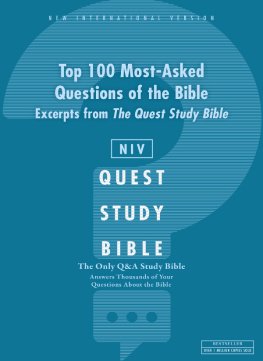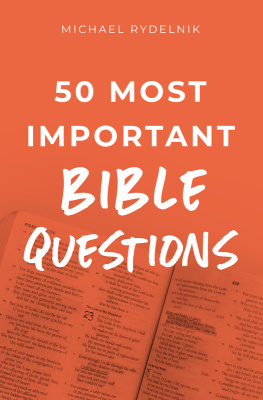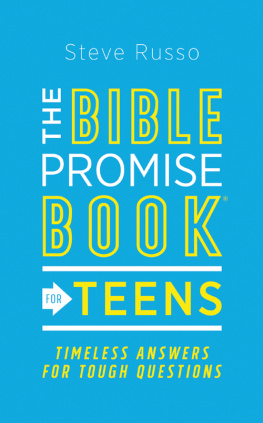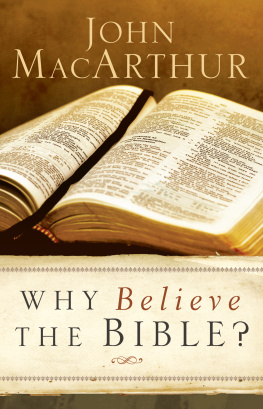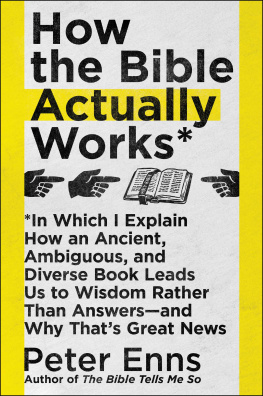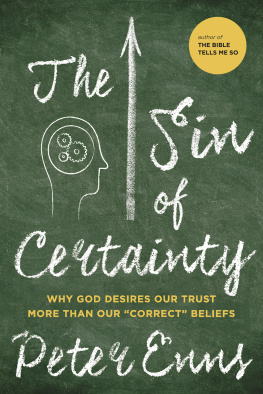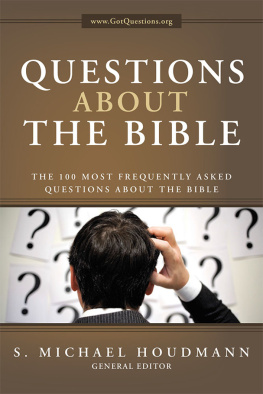Peter Enns - How the Bible Actually Works: In Which I Explain How An Ancient, Ambiguous, and Diverse Book Leads Us to Wisdom Rather Than Answers―and Why Thats Great News
Here you can read online Peter Enns - How the Bible Actually Works: In Which I Explain How An Ancient, Ambiguous, and Diverse Book Leads Us to Wisdom Rather Than Answers―and Why Thats Great News full text of the book (entire story) in english for free. Download pdf and epub, get meaning, cover and reviews about this ebook. year: 2019, publisher: HarperOne, genre: Religion. Description of the work, (preface) as well as reviews are available. Best literature library LitArk.com created for fans of good reading and offers a wide selection of genres:
Romance novel
Science fiction
Adventure
Detective
Science
History
Home and family
Prose
Art
Politics
Computer
Non-fiction
Religion
Business
Children
Humor
Choose a favorite category and find really read worthwhile books. Enjoy immersion in the world of imagination, feel the emotions of the characters or learn something new for yourself, make an fascinating discovery.
- Book:How the Bible Actually Works: In Which I Explain How An Ancient, Ambiguous, and Diverse Book Leads Us to Wisdom Rather Than Answers―and Why Thats Great News
- Author:
- Publisher:HarperOne
- Genre:
- Year:2019
- Rating:4 / 5
- Favourites:Add to favourites
- Your mark:
How the Bible Actually Works: In Which I Explain How An Ancient, Ambiguous, and Diverse Book Leads Us to Wisdom Rather Than Answers―and Why Thats Great News: summary, description and annotation
We offer to read an annotation, description, summary or preface (depends on what the author of the book "How the Bible Actually Works: In Which I Explain How An Ancient, Ambiguous, and Diverse Book Leads Us to Wisdom Rather Than Answers―and Why Thats Great News" wrote himself). If you haven't found the necessary information about the book — write in the comments, we will try to find it.
Controversial evangelical Bible scholar, popular blogger and podcast host of The Bible for Normal People, and author of The Bible Tells Me So and The Sin of Certainty explains that the Bible is not an instruction manual or rule book but a powerful learning tool that nurtures our spiritual growth by refusing to provide us with easy answers but instead forces us to acquire wisdom.
For many Christians, the Bible is a how-to manual filled with literal truths about belief that must be strictly followed. But the Bible is not static, Peter Enns argues. It does not hold easy answers to the perplexing questions and issues that confront us in our daily lives. Rather, the Bible is a dynamic instrument for study that not only offers an abundance of insights but provokes us to find our own answers to spiritual questions, cultivating Gods wisdom within us.
The Bible becomes a confusing mess when we expect it to function as a rulebook for faith. But when we allow the Bible to determine our expectations, we see that Wisdom, not answers, is the Bibles true subject matter, writes Enns. This distinction, he points out, is important because when we come to the Bible expecting it to be a textbook intended by God to give us unwavering certainty about our faith, we are actually creating problems for ourselves. The Bible, in other words, really isnt the problem; having the wrong expectation is what interferes with our reading.
Rather than considering the Bible as an ancient book weighed down with problems, flaws, and contradictions that must be defended by modern readers, Enns offers a vision of the holy scriptures as an inspired and empowering resource to help us better understand how to live as a person of faith today.
How the Bible Actually Works makes clear that there is no one right way to read the Bible. Moving us beyond the damaging idea that being right is the most important measure of faith, Ennss freeing approach to Bible study helps us to instead focus on pursuing enlightenment and building our relationship with Godwhich is exactly what the Bible was designed to do.
Peter Enns: author's other books
Who wrote How the Bible Actually Works: In Which I Explain How An Ancient, Ambiguous, and Diverse Book Leads Us to Wisdom Rather Than Answers―and Why Thats Great News? Find out the surname, the name of the author of the book and a list of all author's works by series.

